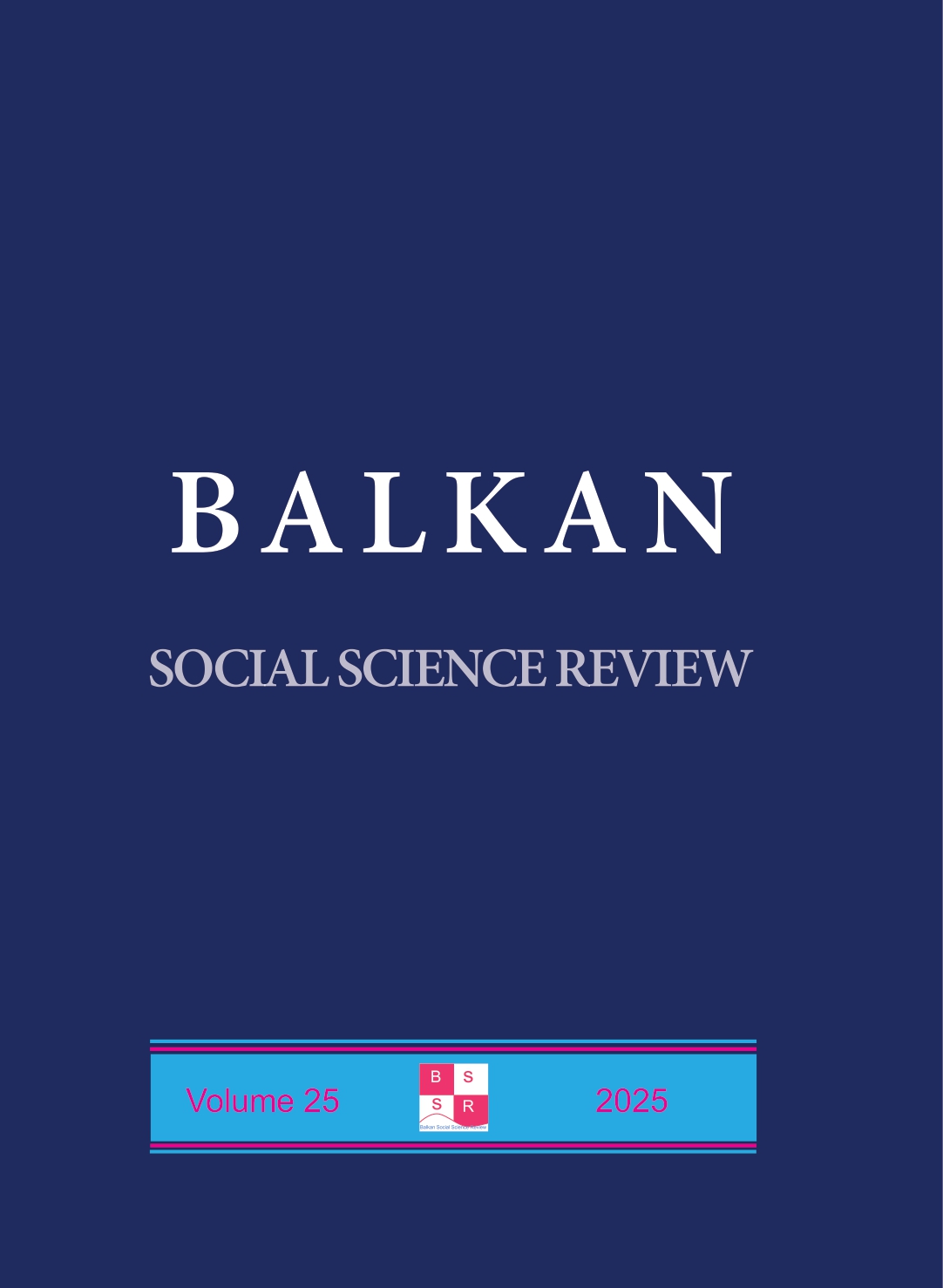THE IMPACT OF CULTURAL POLICY ON NATIONAL IDENTITY IN KAZAKHSTAN: AN EMPIRICAL ANALYSIS
DOI:
https://doi.org/10.46763/BSSR252525249bAbstract
The nation-building process in modern Kazakhstan faces the challenge of forming a consolidated territorial community. Citizens of the country are confronted with a choice between Kazakh and Kazakhstani identity, navigating between its ethnic and nation-state variations. Cultural policy is intended to facilitate national consolidation by minimizing ethnocultural contradictions within the state. The objective of this study is to examine the impact of cultural policy on Kazakhstan’s national identity through empirical analysis. The study adopts a cultural and politico-cultural approach, focusing on the influence of Kazakh culture and the mentality of the Kazakh people on state formation. Additionally, a constructivist methodology is applied to analyze the role of governmental and non-governmental institutions in shaping political reality. A survey was conducted using a quantitative research method. Data collection was carried out through the CAWI (Computer-Assisted Web Interviewing) technique and a structured questionnaire developed in advance. The findings reveal that ethnic Kazakhs exhibit a strong attachment to the Kazakh language and cultural events, whereas ethnic Russians tend to maintain a closer connection to their own language and traditions. Ethnic Russians demonstrate lower participation in Kazakh cultural life and significant resistance to the transition of the Kazakh language to the Latin alphabet.
Downloads
Downloads
Published
Issue
Section
License
Permissions
Authors are expected to obtain permission from copyright holders for reproducing any illustrations, tables, figures or lengthy quotations previously published elsewhere. BSSR will not be held accountable for any copyright infringement caused by the authors.
Copyright
The content offered in the BSSR remains the intellectual property of the authors and their publishers respectively. University “Goce Delcev”- Shtip, R. Macedonia and BSSR keap the right to promote and re-publish the texts.


